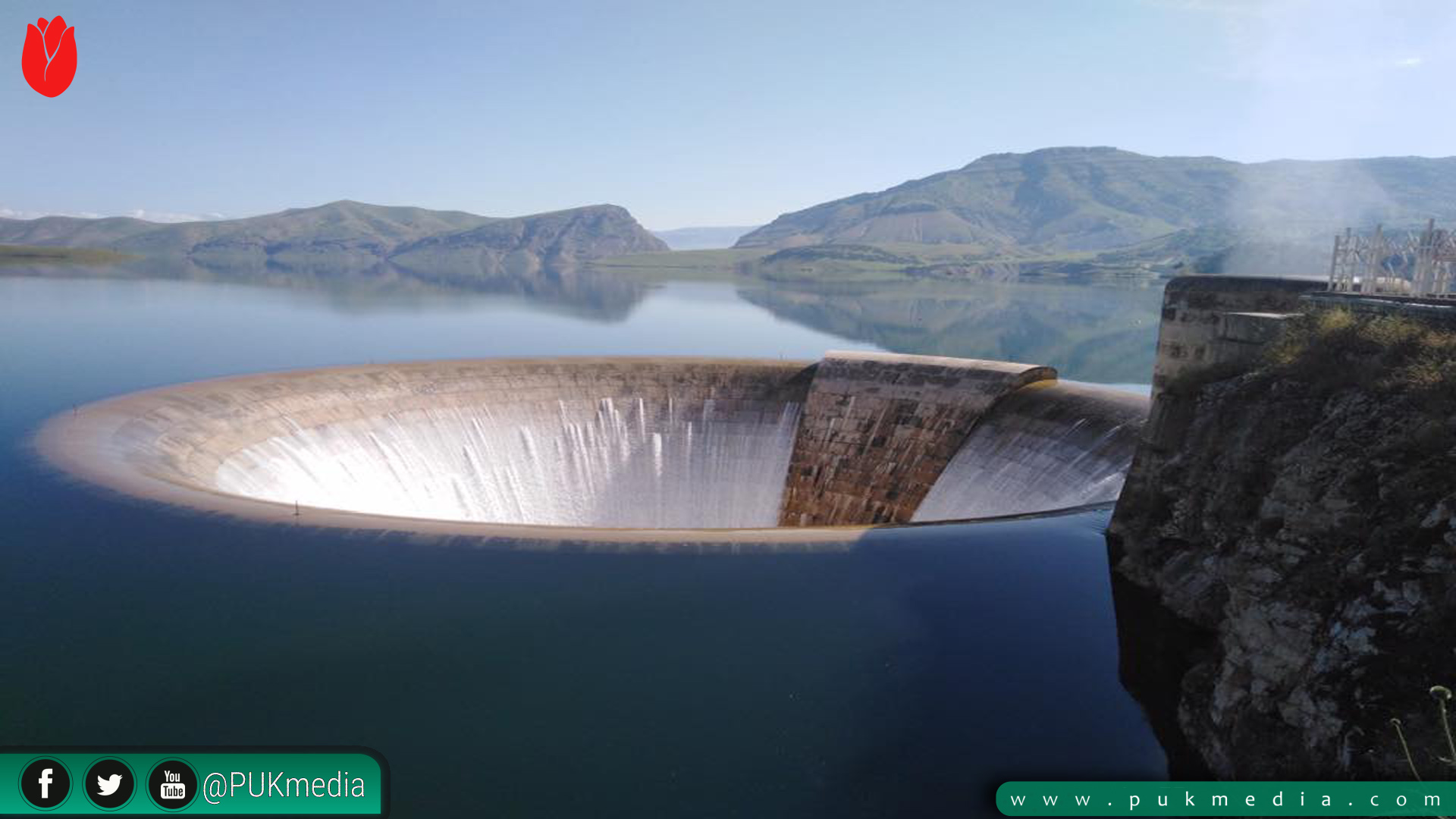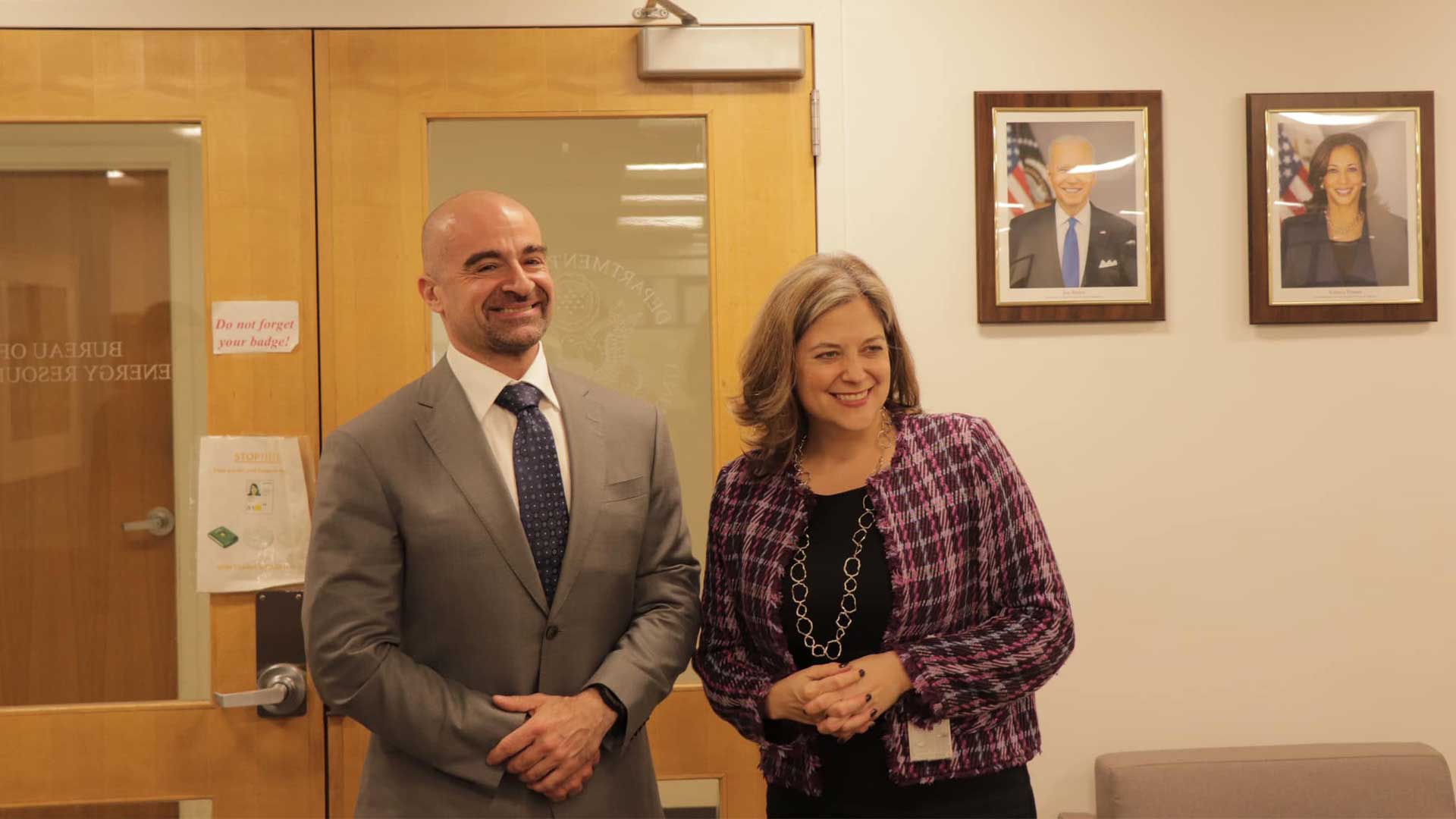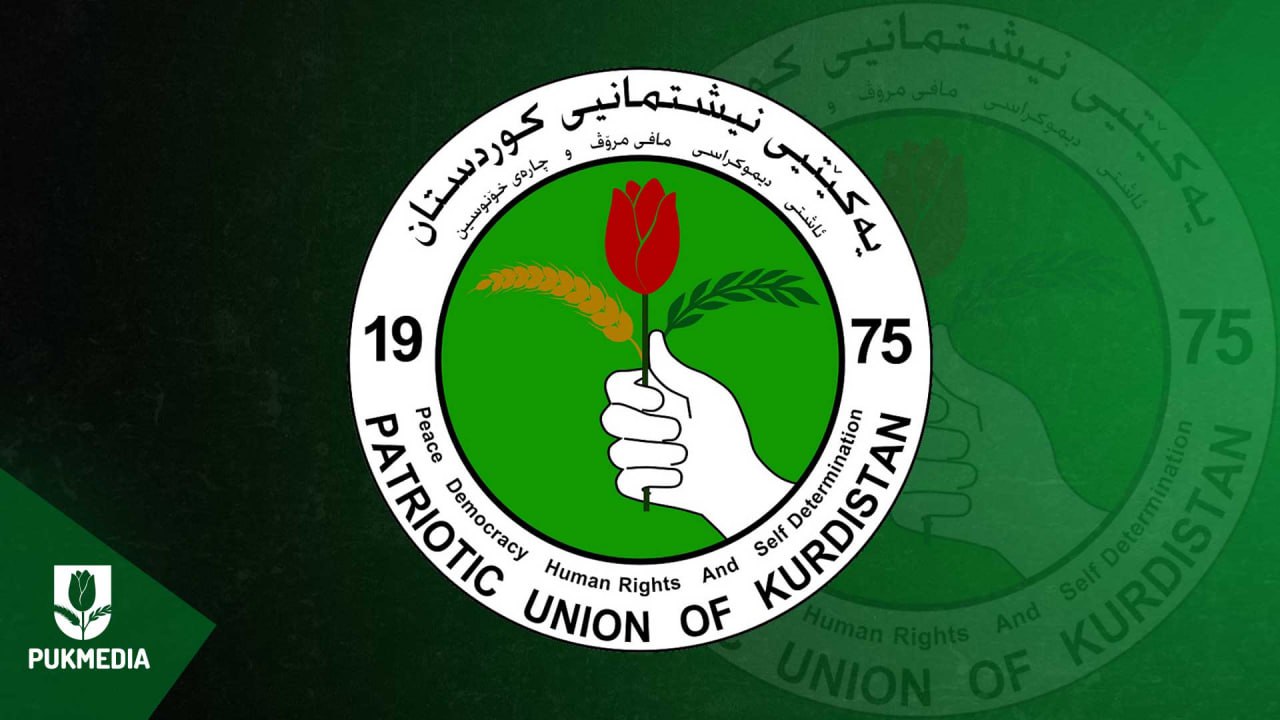Good coordination between KRG, federal governments: Darbandikhan Dam administration confirms
Iraq 01:47 PM - 2022-04-04
Coordination between the Kurdistan Regional Government (KRG) and Iraq's federal government is good regarding the water file, the Darbandikhan Dam administration confirmed on Monday.
The Iraqi media had previously warned of a crisis in the water file between Erbil and Baghdad, following understandings with Power China companies to establish 4 dams in the Kurdistan Region. The KRG Ministry of Agriculture and Water Resources signed a memorandum of understanding with PowerChina to build four new dams.
Rahman Khani, director of the Darbandikhan Dam, told PUKmedia that the understandings were signed with the aforementioned company, but they did not enter into force and are just understandings, stressing that "relations and coordination between the federal government and the KRG on the water file are good."
He also pointed out that the water levels at Darbandikhan Dam are better than last year, noting that water levels are increasing at a rate of one to two centimeters.
Khani also warned that the water coming from Iran is low due to the failure of the federal government to reach an agreement with Iran to release water to the Kurdistan Region and Iraq.
The neighboring countries of Iraq, Iran and Turkey's damming of rivers that flow downstream to Iraq has drastically reduced the latter's water supply. Tehran is building a network of dams and canals and Ankara has constructed a mega-dam on the Tigris River, submerging the ancient city of Hasankeyf under water.
On the other hand, Kochar Jamal, director of the Dukan Dam, told PUKmedia that the rainfall in Dukan reached 300 mm during the current year, which is half the amount of last year which has led to a fall in water levels by 3.07 meters compared to last year.
Iraq is the world's fifth-most vulnerable nation to the effects of climate change, including water and food insecurity, according to the UN. The Kurdistan region falls within the Mediterranean climate zone. According to a 2020 analysis by the Massachusetts Institute of Technology (MIT), the Mediterranean basin has already been widely affected by global warming, and seasonal rainfall could fall by 40 percent over the next three decades.
PUKmedia
More news
-
Two Emirs, 6 Terrorists Arrested by Kurdish Security Forces
09:40 PM - 2024-05-06 -
DPM Talabani: Kurdistan Has a Skilled Workforce
07:00 PM - 2024-05-06 -
PUK President Arrives in Washington
06:46 PM - 2024-05-06 -
PUK Delegation Signs Agricultural, Investment Contracts in Dubai
08:24 PM - 2024-05-04
see more

P.U.K 10:47 PM - 2024-05-07 PUK President: Our Goal is to Ensure that Resources are Used to Help Develop the Country
PUK President: Coordination is Important to Maintain Peace in Surrounding Area
09:29 PM - 2024-05-07
PUK President: The PUK will Continue its Efforts for the Country’s Stability
08:18 PM - 2024-05-07
The PUK Files Suit in Response to Masrour Barzani's Federal Court Case
03:37 PM - 2024-05-07
IHEC: Ballot Paper are Being Printed
11:14 AM - 2024-05-07
Most read
-
The PUK Files Suit in Response to Masrour Barzani's Federal Court Case
P.U.K 03:37 PM - 2024-05-07 -
IHEC: Ballot Paper are Being Printed
Kurdistan 11:14 AM - 2024-05-07 -
PUK President: Coordination is Important to Maintain Peace in Surrounding Area
Economy 09:29 PM - 2024-05-07 -
PUK President: The PUK will Continue its Efforts for the Country’s Stability
P.U.K 08:18 PM - 2024-05-07 -
PUK President: Our Goal is to Ensure that Resources are Used to Help Develop the Country
P.U.K 10:47 PM - 2024-05-07





 Application
Application


